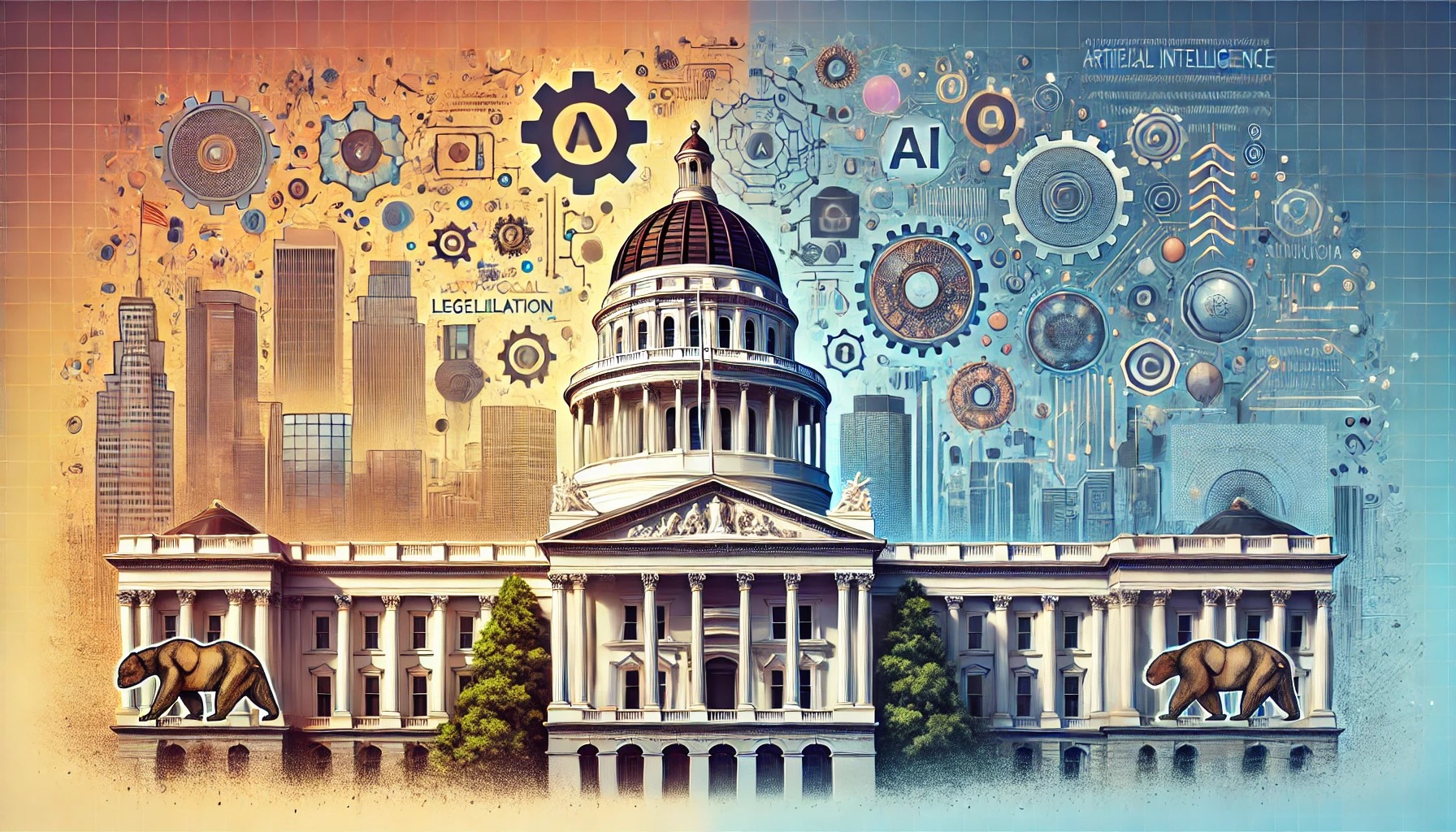California Governor Gavin Newsom on Sunday vetoed a closely-watched AI safety bill, expressing concerns that the bill’s broad scope could negatively affect innovation and AI development in the state. The bill, authored by State Senator Scott Wiener, aimed to regulate high-risk AI systems but faced strong opposition from major tech companies and some federal lawmakers.
Governor’s Concerns and Industry Opposition
Newsom criticized the bill for not considering the risk levels or the sensitivity of data involved in AI applications. He argued it would impose “stringent standards” on even the most basic AI functions deployed by large systems. To address the risks of AI while fostering innovation, Newsom called on leading experts to help develop "workable guardrails" informed by scientific analysis and directed state agencies to assess potential AI-related catastrophic risks. The Chamber of Progress, a tech industry coalition, supported Newsom's veto, stating that California's tech economy benefits from competition and openness.
Proponents Push for AI Regulation
Senator Wiener contended that the legislation was necessary to implement proactive safeguards before AI systems became too advanced to control. Following the veto, he expressed concern that California would be left less protected, as companies developing powerful AI face no binding safety restrictions. He criticized the reliance on voluntary commitments from AI developers, arguing these are rarely effective in protecting the public interest.
Legislation and Infrastructure Safeguards
The proposed bill focused on generative AI, which can produce content like text, photos, and videos in response to prompts. It mandated safety testing for advanced AI models costing over $100 million to develop or requiring significant computing power and would have created a state body to oversee "Frontier Models" exceeding current AI capabilities. Newsom’s veto reflects the challenges in balancing regulation with innovation, especially as federal AI oversight legislation stalls in Congress. However, he signed a separate measure requiring risk assessments of AI threats to California's critical infrastructure, including the energy and water sectors.
Tech Industry's Mixed Response
Major tech companies like Google, OpenAI, and Meta, who are developing generative AI models, opposed the bill, citing concerns over its potential to stifle innovation. Some federal lawmakers, including Rep. Nancy Pelosi, also opposed it. However, proponents included Tesla’s CEO Elon Musk, who runs the AI firm xAI, and Amazon-backed Anthropic, which supported the bill while noting concerns about certain provisions.



 Gold and Silver Prices Slide as Dollar Strength and Easing Tensions Weigh on Metals
Gold and Silver Prices Slide as Dollar Strength and Easing Tensions Weigh on Metals  Oil Prices Slide on US-Iran Talks, Dollar Strength and Profit-Taking Pressure
Oil Prices Slide on US-Iran Talks, Dollar Strength and Profit-Taking Pressure  Asian Stocks Slip as Tech Rout Deepens, Japan Steadies Ahead of Election
Asian Stocks Slip as Tech Rout Deepens, Japan Steadies Ahead of Election  Dollar Near Two-Week High as Stock Rout, AI Concerns and Global Events Drive Market Volatility
Dollar Near Two-Week High as Stock Rout, AI Concerns and Global Events Drive Market Volatility  Russian Stocks End Mixed as MOEX Index Closes Flat Amid Commodity Strength
Russian Stocks End Mixed as MOEX Index Closes Flat Amid Commodity Strength  Vietnam’s Trade Surplus With US Jumps as Exports Surge and China Imports Hit Record
Vietnam’s Trade Surplus With US Jumps as Exports Surge and China Imports Hit Record  Japanese Pharmaceutical Stocks Slide as TrumpRx.gov Launch Sparks Market Concerns
Japanese Pharmaceutical Stocks Slide as TrumpRx.gov Launch Sparks Market Concerns  Bank of Japan Signals Readiness for Near-Term Rate Hike as Inflation Nears Target
Bank of Japan Signals Readiness for Near-Term Rate Hike as Inflation Nears Target  Trump Lifts 25% Tariff on Indian Goods in Strategic U.S.–India Trade and Energy Deal
Trump Lifts 25% Tariff on Indian Goods in Strategic U.S.–India Trade and Energy Deal  Dow Hits 50,000 as U.S. Stocks Stage Strong Rebound Amid AI Volatility
Dow Hits 50,000 as U.S. Stocks Stage Strong Rebound Amid AI Volatility  South Africa Eyes ECB Repo Lines as Inflation Eases and Rate Cuts Loom
South Africa Eyes ECB Repo Lines as Inflation Eases and Rate Cuts Loom  Japan Economy Poised for Q4 2025 Growth as Investment and Consumption Hold Firm
Japan Economy Poised for Q4 2025 Growth as Investment and Consumption Hold Firm  RBI Holds Repo Rate at 5.25% as India’s Growth Outlook Strengthens After U.S. Trade Deal
RBI Holds Repo Rate at 5.25% as India’s Growth Outlook Strengthens After U.S. Trade Deal  Thailand Inflation Remains Negative for 10th Straight Month in January
Thailand Inflation Remains Negative for 10th Straight Month in January  Trump’s Inflation Claims Clash With Voters’ Cost-of-Living Reality
Trump’s Inflation Claims Clash With Voters’ Cost-of-Living Reality  U.S. Stock Futures Slide as Tech Rout Deepens on Amazon Capex Shock
U.S. Stock Futures Slide as Tech Rout Deepens on Amazon Capex Shock 































